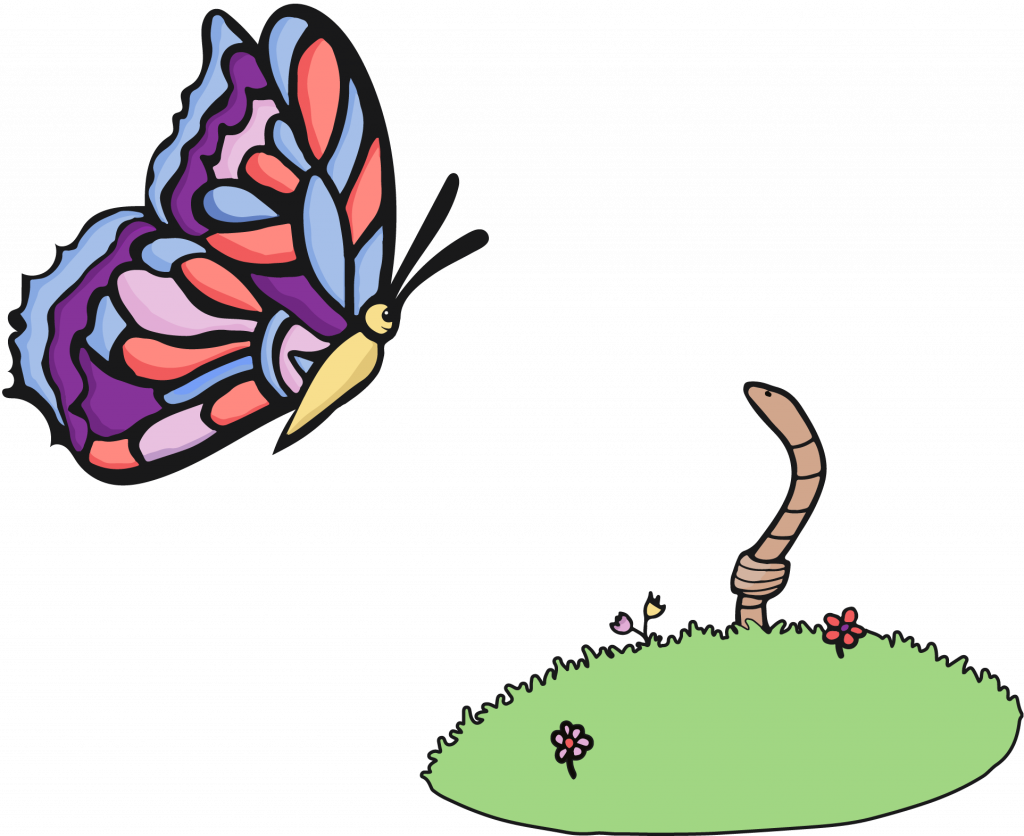You are not logged in.
If you would like to save your progress as you complete our Toolkit, please log in to your WWDA account. If you are not a WWDA member, become a member here (it’s free!).
Glossary
Introduction
Leadership Principle: Challenging and transforming traditional views of leadership
Leadership Principle: Value diversity and lived experience
Leadership Principle: Nothing about us without us
Leadership Principle: Lead by lifting others up
Leadership Principle: Care for self to care for community
Safe leadership
Mentoring
What if the mentoring relationship does not go according to plan?
Mentors and mentees are responsible for their own wellbeing, safety and satisfaction in a mentoring relationship; no one else can do this for them.
By establishing ‘ground rules’ and boundaries, the wellbeing, privacy, dignity and safety of both parties are maintained.
In a healthy mentoring relationship, mentors and mentees will sometimes be questioned in ways that may make them feel uncomfortable. Mentees could experience emotions like anger, sadness, blame, guilt or shame. The mentor’s job is not to take these feelings away but to offer understanding and perspective to work through them.
What is not okay is either the mentor or mentee doing or saying anything that feels inappropriate, manipulative, inauthentic, unsafe or is in pursuit of an agenda that hasn’t been agreed to. Discuss any concerns with your mentor or mentee immediately and reach out for support if a resolution cannot be reached.

